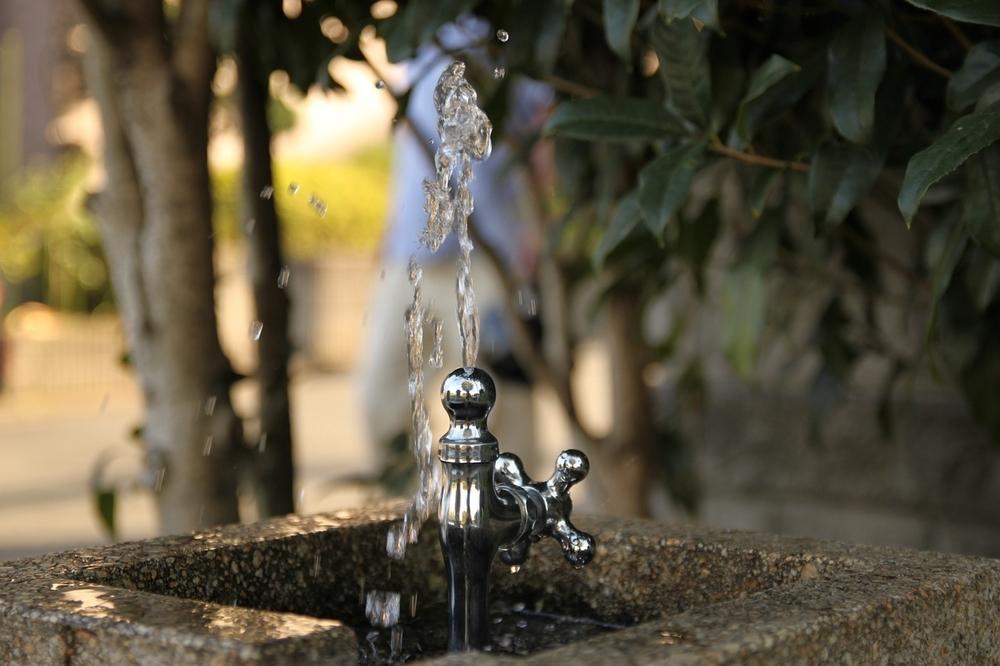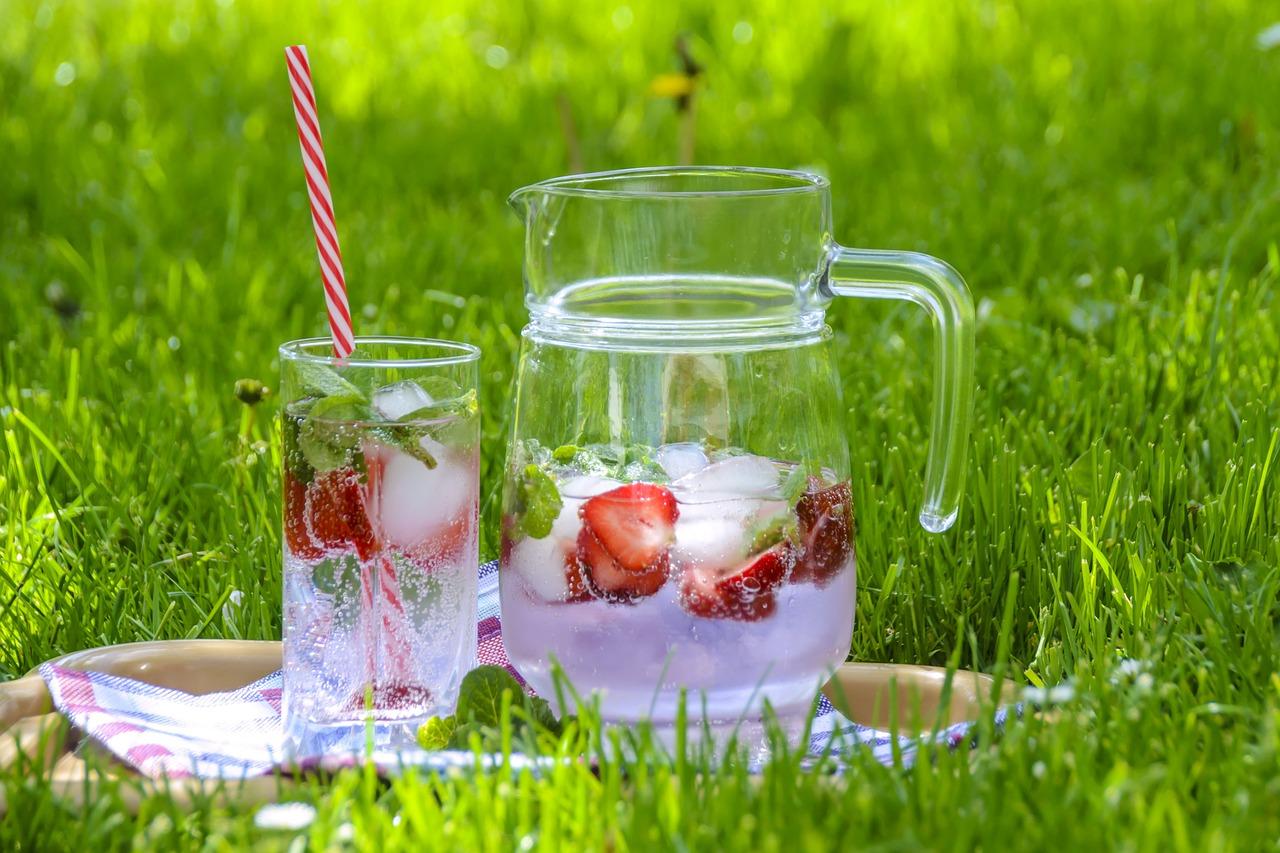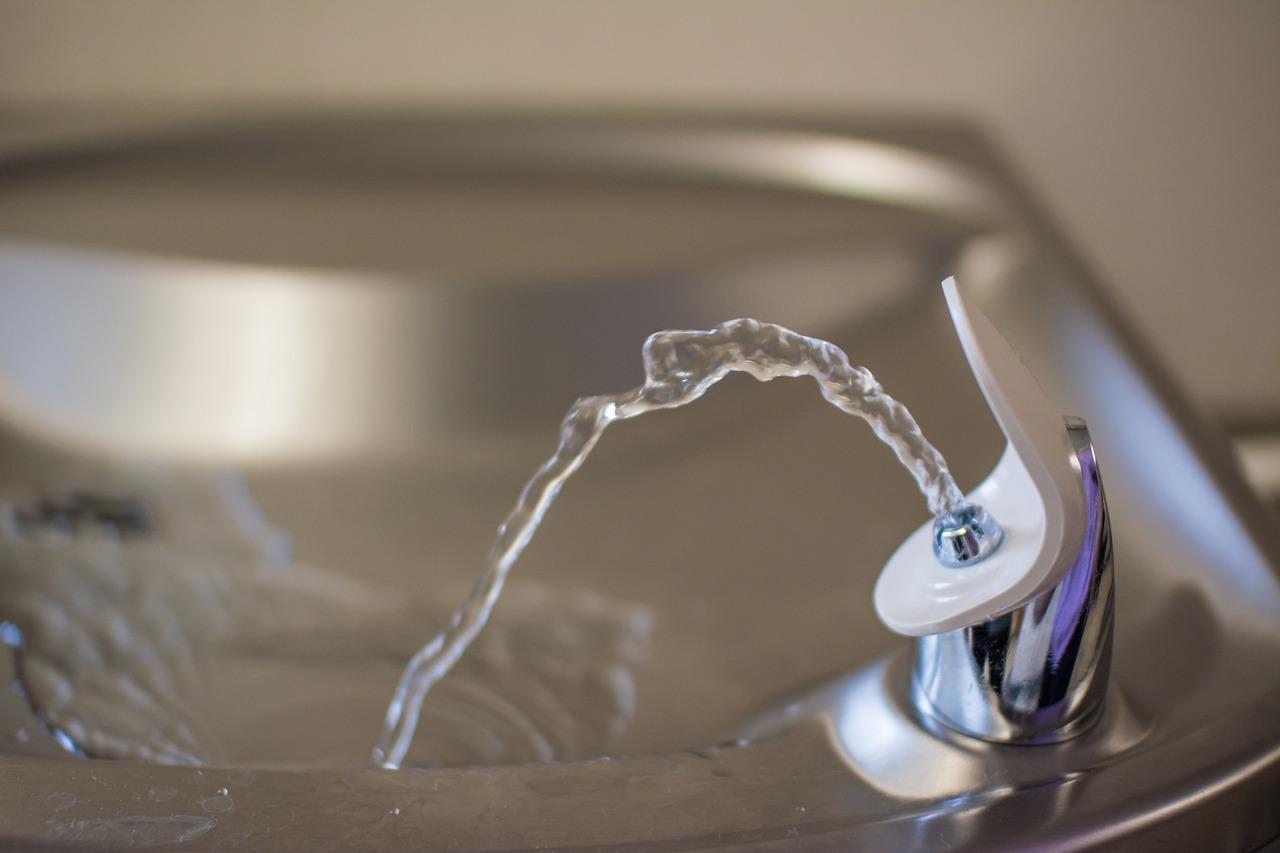
Recently I wrote about fruits and vegetables, they support the hydration of our body. About the importance of drinking the right amount of water every day, I try to remind you very often, because I know how much water our body needs to function properly and how much water we lose each day. Today I would like to draw your attention to how dangerous dehydration can be for us, for which now when the outside temperatures are really very high, it is not difficult.
Read about how dangerous dehydration can be and how we can prevent it.
Our body consists mostly of water, it accounts for about 60-70% of our body weight and it is needed for the work of every, even the smallest, our cell. Meanwhile, every day by doing normal life activities, we lose about 2-3 liters, moreover, its amount in our body decreases with age. Therefore, in order for us to function properly, we should try to make up for any deficiencies on a regular basis.
I just feel like drinking
That is what most of us think when we begin to feel thirsty. Meanwhile, it is then that the dehydration, which is very dangerous for our body, begins. When we are thirsty, water loss reaches about 1-2% and already then some cognitive processes are disturbed. Our vigilance and reaction time decreases, it is also more and more difficult for us to focus on the activities performed. Our well-being also deteriorates, we lose our appetite, we are drowsy and tired, we run out of energy. It sounds dangerous, and we often reach for water only when our body asks for it.

The later the worse
The feeling of thirst is, as I have already mentioned, the first symptom of dehydration, which we must never underestimate. However, when, despite the signals sent by our body, the lost water is not replenished, the situation begins to worsen. We are beginning to notice that our visits to the toilet are becoming rarer and that our urine becomes darker and denser, then the amount of sweat secreted by our body decreases, vision disorders, dizziness and headaches may appear, intellectual disability decreases, fatigue increases, vomiting, nausea, stomach ache and dry mucous membranes. Then the skin's elasticity decreases, arrhythmias occur, there is a feeling of weakness, convulsions and even fainting and loss of consciousness. We observe such symptoms when dehydration reaches only a few percent and although it would seem that it is not much, for our body it is already a very large loss of water. Remember that a loss of 10-15% is already a very serious condition, which, unfortunately, may end in death.
When does the risk of dehydration increase?
Of course during hot weather. When we sweat intensively, water loss can reach up to 10 liters of water a day. If we do not make up for these deficiencies on a regular basis, by adjusting the amount of water drunk to the weather conditions, physical activity and age, we are exposed to dehydration. Elderly people, small children, people actively playing sports and the disabled are at greatest risk. Very often dehydration also occurs during diseases that occur with high temperature, vomiting or diarrhea, as well as kidney problems or swallowing problems. The risk also increases when taking medications that have a diuretic effect. Interestingly, dehydration can also occur in the winter, that's when we often stay in dry and warm rooms, and breathing in the cold we lose water in the process of giving off heat through steam.

It is better to prevent
Dehydration is a very dangerous condition for our body, which threatens not only our health but also our life. Therefore, it is very important to take care not to allow excessive water loss. Therefore, preventive measures are extremely important, which in this case really do not cost us much. The most important thing is to provide our body with the right amount of fluid, an adult should normally drink about 2-2.5 liters of water. Most often, the demand for water in an adult is calculated by secreting about 30-35 ml of water for every kg of body weight. Remember, however, that this demand increases with increasing ambient temperature and can be even twice as high, pregnant and breastfeeding women also need more water.
What if dehydration occurs?
Each time the course of treatment should be decided by a doctor. It always depends on the patient's condition and consists in replenishing water and electrolyte losses as well as preventing further fluid loss. It is very important, however, not to replenish fluids abruptly and strictly follow the doctor's instructions. However, if we are dealing with a severe case of dehydration, then usually oral therapy is insufficient or impossible to carry out, e.g. due to intense vomiting, problems with swallowing or loss of consciousness. In this case, it is necessary to undergo hospital treatment and intravenous administration of fluids containing electrolytes.

Remember to replenish your body fluids on a regular basis, and thirst which is already a clear warning signal for us, quench with water or herbal teas, avoiding sweet carbonated drinks and alcohol. Do not forget about your pets, they also need more water now.
